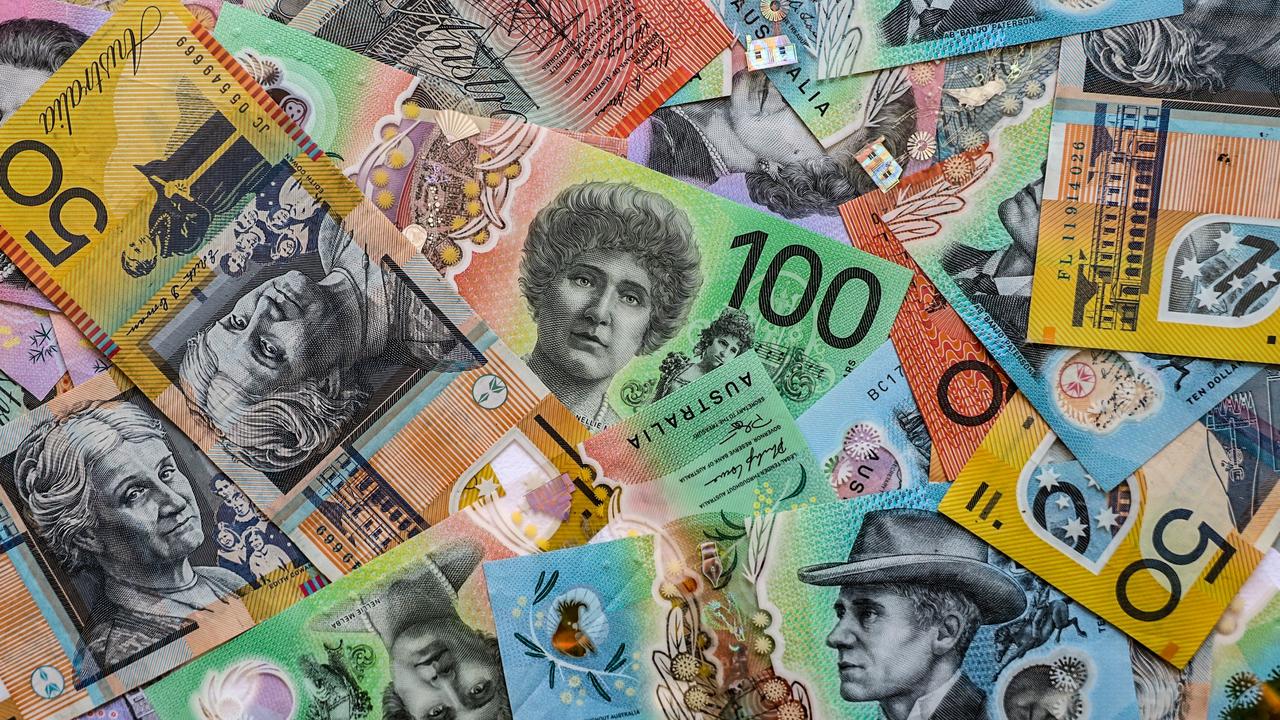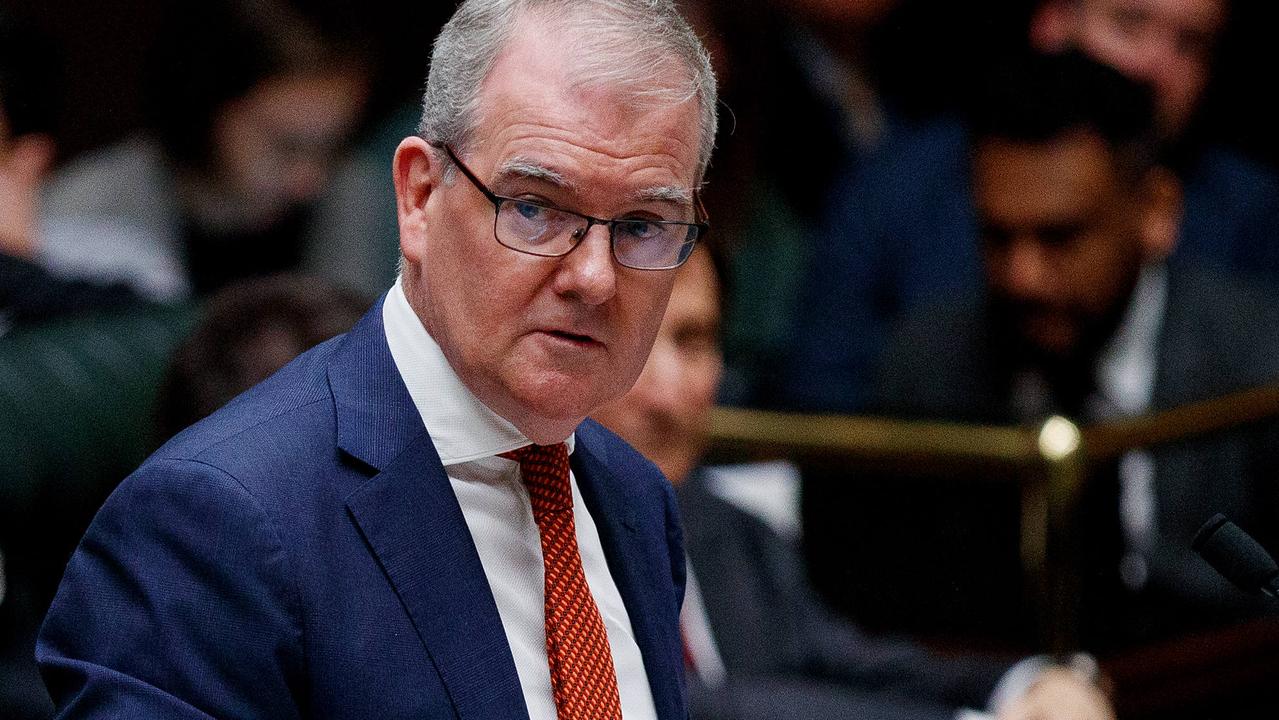Trump and Albanese Discuss Tariff Exemptions for Australia
Donald Trump and Anthony Albanese discuss potential tariff exemptions, emphasizing the importance of Australia as a key ally while expressing concerns about economic impacts.
Our view is highly dependent on how inflation will react to the potential geopolitical risks associated with the new Trump Administration in the US and the threat of an increased global tariff environment, which will only add to pricing pressure in imported goods.
The US leader announced the move on Monday Australia time and Albanese made sure to bring it up during a scheduled call this week.
"We agreed on wording to say publicly, which is that the US president agreed that an exemption was under consideration in the interests of both of our countries," the Australian Prime Minister said.
"We'll continue to engage quite clearly, constructively."
Trump added that while his intentions for the tariffs were to be rolled out "without exceptions or exemptions", he was willing to give Australia some leeway.
"I told [Albanese] that that's something that we'll give great consideration to," Trump said.
"We have a surplus with Australia. One of the few. And the reason is they buy a lot of airplanes. They're rather far away and they need lots of airplanes. We actually have a surplus."
He also called his Australian counterpart a "very fine man".
Opposition leader Peter Dutton is hopeful that Australia will be spared from the rest of the world under the proposal.
"The tariff issue is an incredibly important issue for our country," he said.
"It's important for the United States and the Trump administration to hear there is a bipartisan position in relation to the Prime Minister's call to remove this tariff on a very close and dear ally of the United States.
"I want there to be a very clear message to the Trump administration that we don't believe that this tariff should be put in place, and if it remains in place, then I believe it will damage the relationship between the United States and Australia."
What impact would the tariff have on Australia?
There was an instantaneous reaction on the Australian Stock Exchange (ASX) on Monday when Trump's intentions were revealed.
On the opening bell, the ASX200 tumbled 0.5 per cent, which is worth around $15 billion. Thankfully the markets recovered through the day's trading.
The Aussie dollar did the same thing, plunging sharply and then recovering.
Betashares chief economist David Bassanese said it was an overreaction.
"A tariff on our steel exports to the US is a very small part of our economy, so the direct impact on our economy is pretty small," he said.
"At face value, it is probably an overreaction by the market, but it could be a sign of things to come."
However, he did say that if China's economy faltered as a result of the tariff, then we would likely get dragged down with it.
Phillips told Yahoo Finance that while the Aussie dollar against the greenback is highly regarded, it's only ever an issue if our currency plunges across the board.
"A lower Australian dollar against the basket of currencies is bad news for inflation rates," he said.
"And where that is particularly important is actually importing from the US by importing products priced in US dollars, in particular oil.
"That goes into fuel, both for personal consumption and as an input cost for business. And so if you think about buying oil in US dollars, regardless who you buy it from, you've got to make that translation. That's the bit that hurts the most."
Trump tariffs are only one part of the equation
KPMG added that while overseas factors can affect what the RBA does with interest rates, there are other issues that are also important:
Even though the Australian Bureau of Statistics revealed in late January that headline inflation had fallen to 3.2 per cent, KPMG said it's not enough to move the RBA's needle.
"We expect the Bank will err on the side of caution and leave rates unchanged, particularly as the new monetary policy board will not be in place until the following meeting," it said.
"The cost of living relief packages have distorted the headline inflation measure to a point where it is no longer a reliable statistic for informing monetary policy.
"There is now an unusually large discrepancy between headline and core inflation.
"The extra time will also allow the Bank a better understanding of how trade may be impacted by any tariffs that the new US administration may seek to implement."
Overall inflation came in at 2.4 per cent for the December quarter, which is down from 2.8 per cent in September.
A Yahoo Finance live blog will bring you expert predictions and commentary as the RBA decides the cash rate on Tuesday, February 18.












